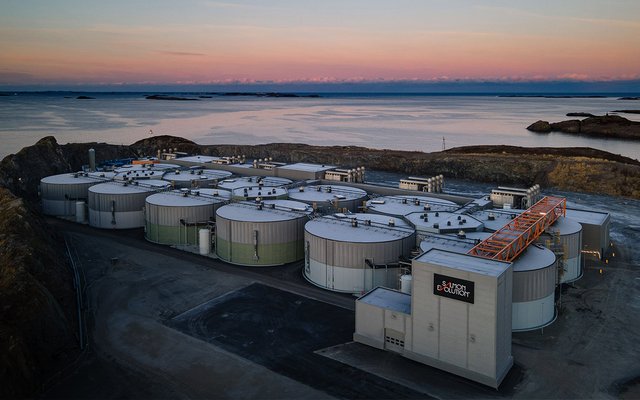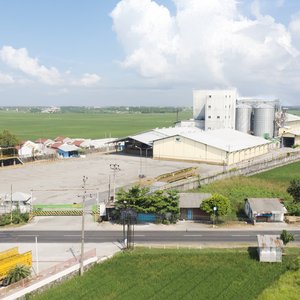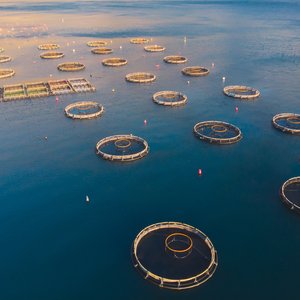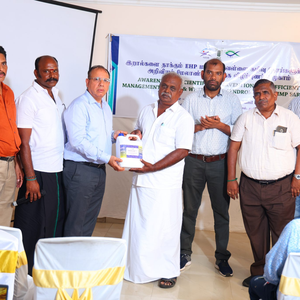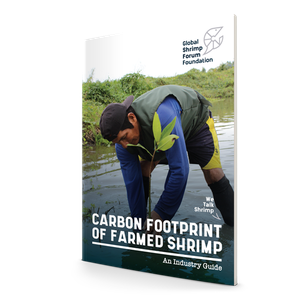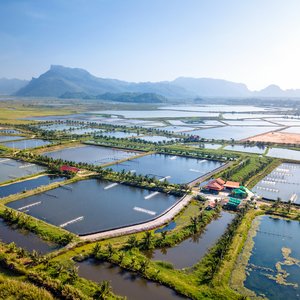Cflow has signed a contract with Salmon Evolution – the world’s largest land-based fish farming facility – for delivery of fish handling technology to the company’s second phase build-out at Indre Harøy, Norway. Cflow’s innovative solutions have thus been chosen for another large, Norwegian land-based aquaculture project, strengthening the company’s position as a leading technology supplier to sustainable salmon farming.
“Salmon Evolution’s second phase build-out represents the next exciting chapter in Cflow’s land-based future,” said Gunnar Hoff, chief marketing officer at Cflow.
As part of the agreement, Cflow will supply fish handling that will ensure optimal animal welfare and sustainable production of Atlantic salmon. Cflow will, among other things, deliver technical solutions for fish logistics between the facility’s pools.
Cflow will manufacture all equipment, including piping, valves and pumps, at the company’s facility at Langevåg outside Ålesund, Norway, and manage commissioning at Salmon Evolution’s Indre Harøy facility. Design and engineering work has already commenced, while equipment deliveries will begin in early 2025 and continue well into 2026.
“We have worked hard to prepare the next generation’s fish welfare for land-based aquaculture. Salmon Evolution can already demonstrate highly impressive biological results, but our joint ambition is to further improve both animal welfare and commercial results. We have turned every stone and employed our best biologists and engineers to develop a very gentle fish handling system,” said Gunnar Hoff.
Upon completion of the second phase build-out, Salmon Evolution will increase its production capacity with a further 10,100 tonnes HOG, thereby enhancing its total planned production volume to 18,000 tonnes annually.


